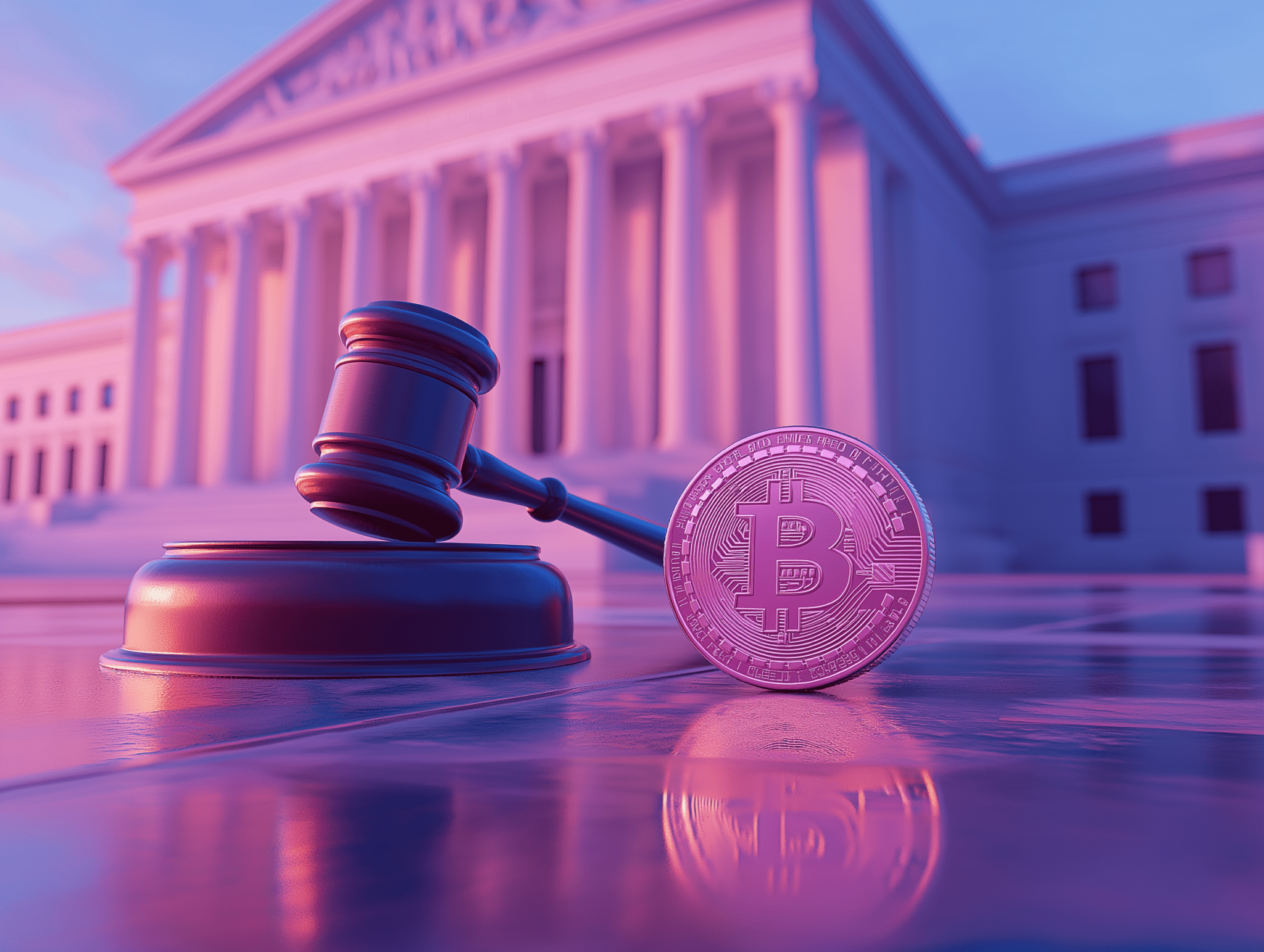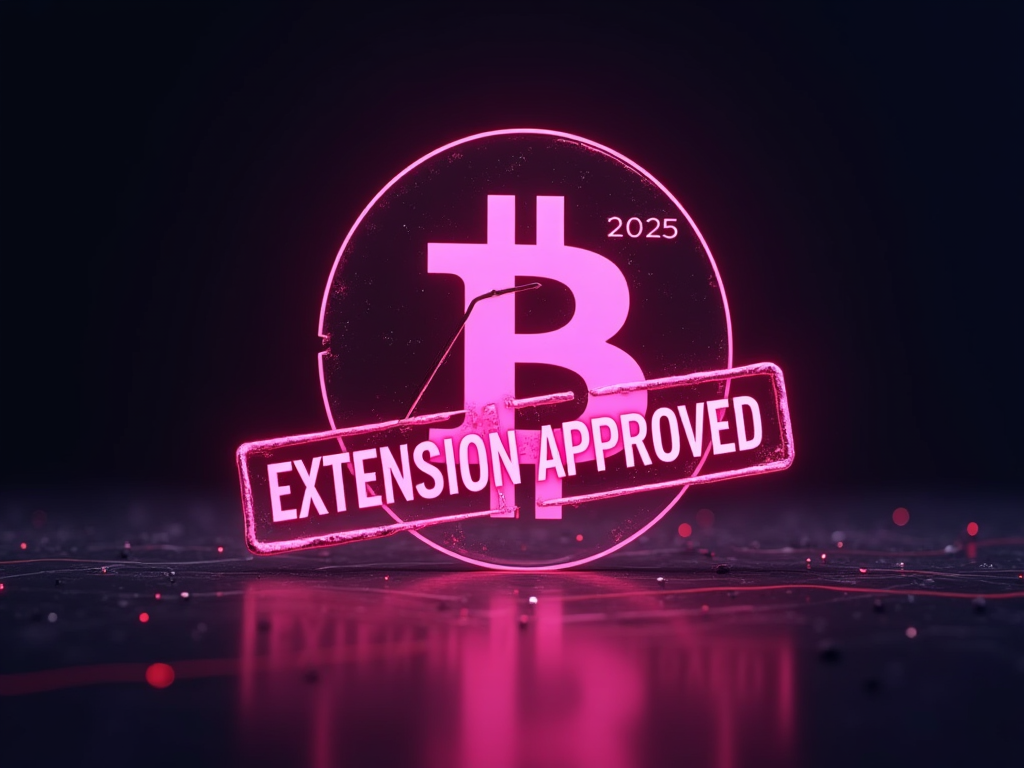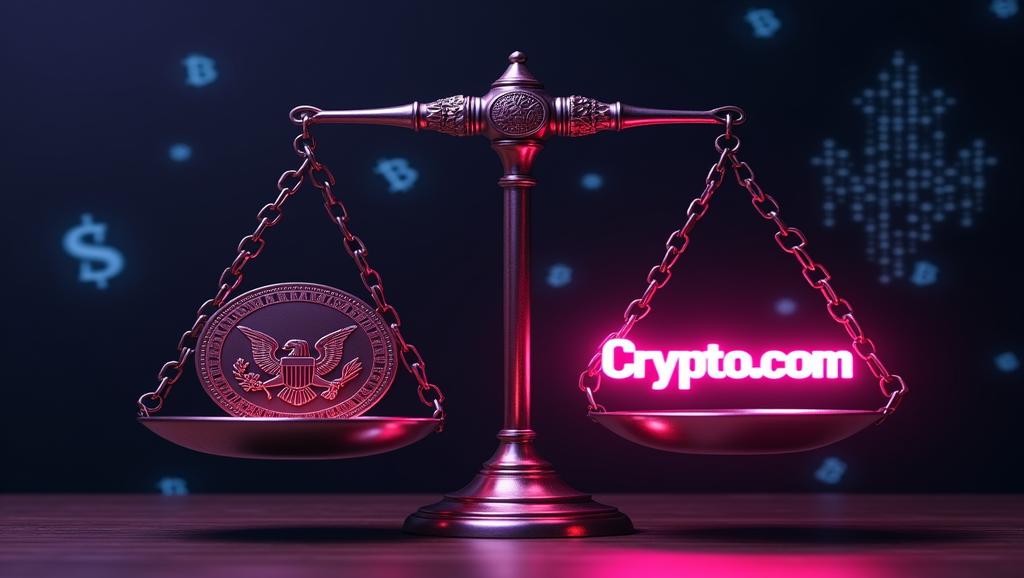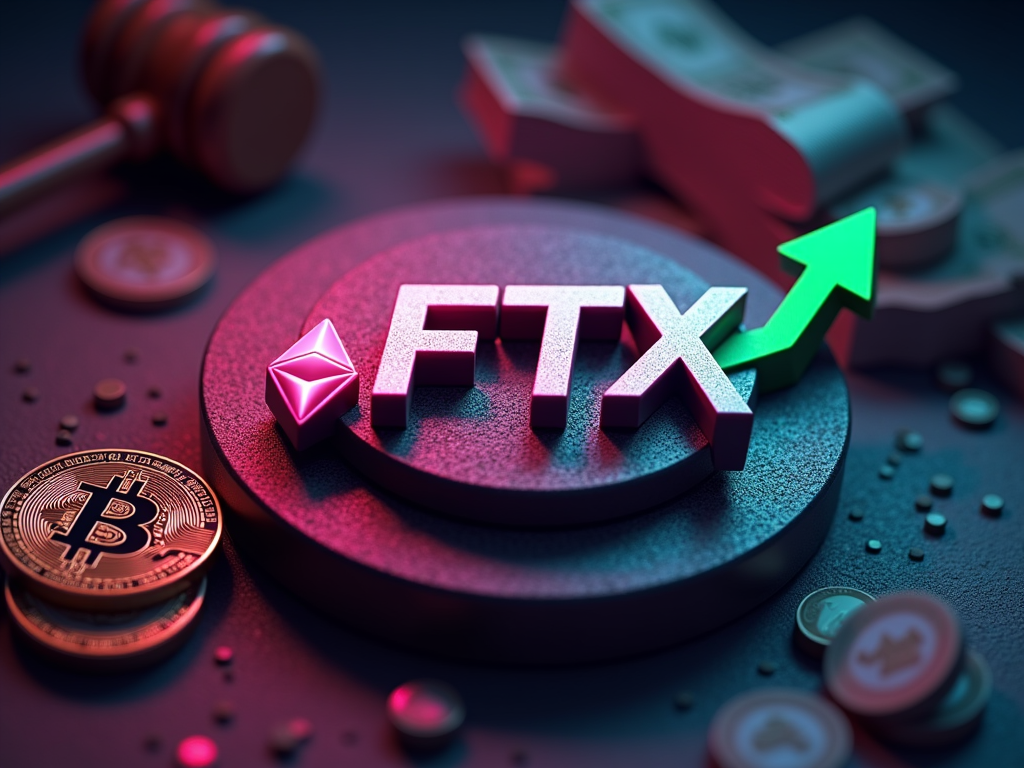Key Points
- The Federal Reserve Board has initiated an enforcement action against Customers Bank, requiring improvements in AML compliance and crypto-related risk management.
- The Fed’s actions have sparked debates about the current administration’s stance on cryptocurrency, with critics arguing that it could stifle innovation in the sector.
Customers Bank Faces Federal Reserve Scrutiny
On August 5, 2024, the United States Federal Reserve Board executed an enforcement action against Customers Bancorp and its subsidiary Customers Bank, a crypto-friendly institution headquartered in Malvern, Pennsylvania. The action came after recent examinations and inspections by the Philadelphia Federal Reserve Bank revealed deficiencies in the bank’s management and Anti-Money Laundering (AML) practices.
Customers Bank, which operates 23 branches across 11 states and caters to several crypto customers, offers the distributed ledger-based Customer Bank Instant Transfer (CBIT) service. This service, launched in 2021 on the Tassat platform, allows clients to transfer money instantly and round the clock.
Fed’s Requirements for Customers Bank
According to the agreement with the Federal Reserve, Customers Bancorp and Customers Bank must submit a series of documents within 60 days to improve their banking practices. These include:
- A plan to strengthen oversight of AML compliance, including Bank Secrecy Act (BSA) requirements and regulations of the US Treasury’s Office of Foreign Assets Control (OFAC).
- A revised BSA/AML compliance program.
- An improved customer due diligence program.
- A revised program for reporting suspicious activity to law enforcement and supervisory authorities.
- An updated OFAC compliance program.
- A plan to enhance risk management practices related to the bank’s digital asset strategy.
Additionally, Customers Bank is required to engage a transaction review consultant, in order to examine the bank’s transaction monitoring activity from March 1 through August 31, 2023. This review aims to assess whether the bank adequately identified and reported suspicious activities during this period, which coincided with a significant banking crisis in the United States.
Political Implications and Crypto Industry Concerns
The Federal Reserve’s enforcement action against Customers Bank has reignited debates about the current, and possibly future, administration’s stance on cryptocurrency. Critics argue that these actions represent a significant overreach and could stifle innovation in the sector.
Speculation on Harris Campaign’s Crypto ‘Reset’
On August 9, 2024, Gemini co-founder Tyler Winklevoss expressed skepticism about Vice President Kamala Harris’ presidential campaign efforts to mend relations with the cryptocurrency industry. Winklevoss argued that the Fed’s actions confirm the continuation of what he termed “Operation Choke Point 2.0,” suggesting that the Harris crypto ‘reset’ might not be genuine.
Winklevoss highlighted the broader implications of the enforcement action, noting that Customers Bank is one of the few remaining crypto-friendly banks in the United States. He criticized the centralization of decision-making power within the Fed, arguing that such decisions should be decentralized across the banking industry.
Industry Figures Voice Concerns
Cardano founder Charles Hoskinson echoed Winklevoss’ sentiments, suggesting the current US administration remains hostile toward the crypto industry. Hoskinson warned that voting for Harris could potentially harm the US crypto sector, implying that she might continue what he perceives as a “war on crypto”.
Call for Progressive Stance on Digital Assets
In July, a group of US lawmakers and congressional candidates from various districts sent a letter to Democratic National Committee Chair Jaime Harrison. The letter called on party leaders to adopt a progressive stance on digital assets and blockchain technology, highlighting the ongoing debate within political circles about the future of cryptocurrency regulation in the United States.
As the crypto industry continues to evolve and face regulatory challenges, the actions of the Federal Reserve and the stances of political figures will likely play a crucial role in shaping the future landscape of digital assets in the United States.














